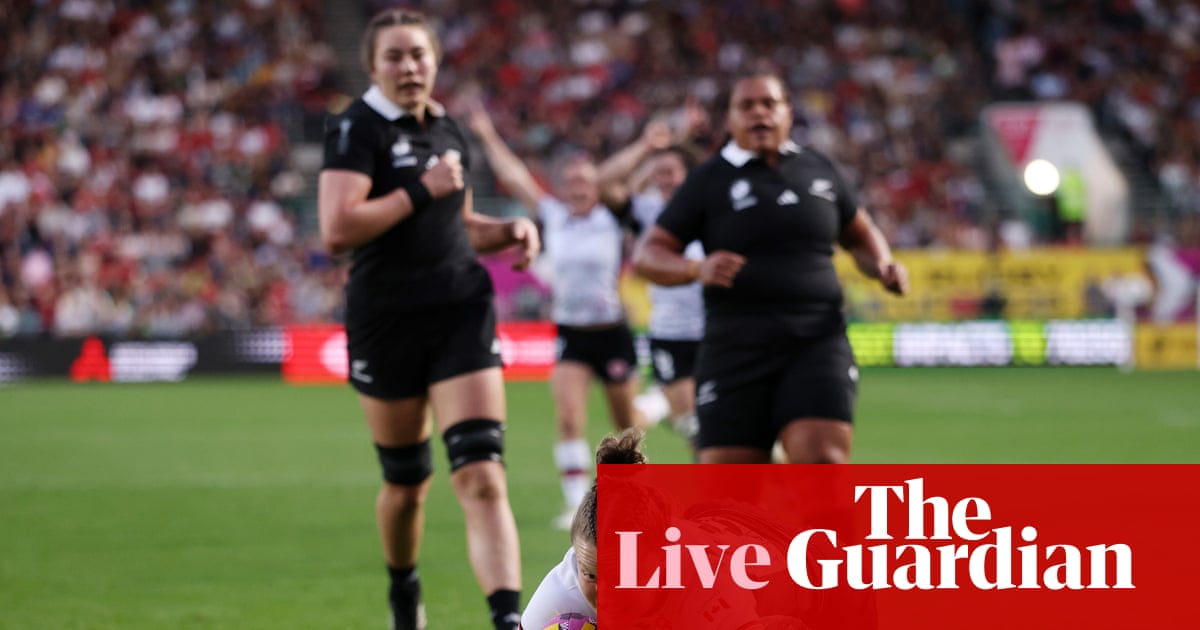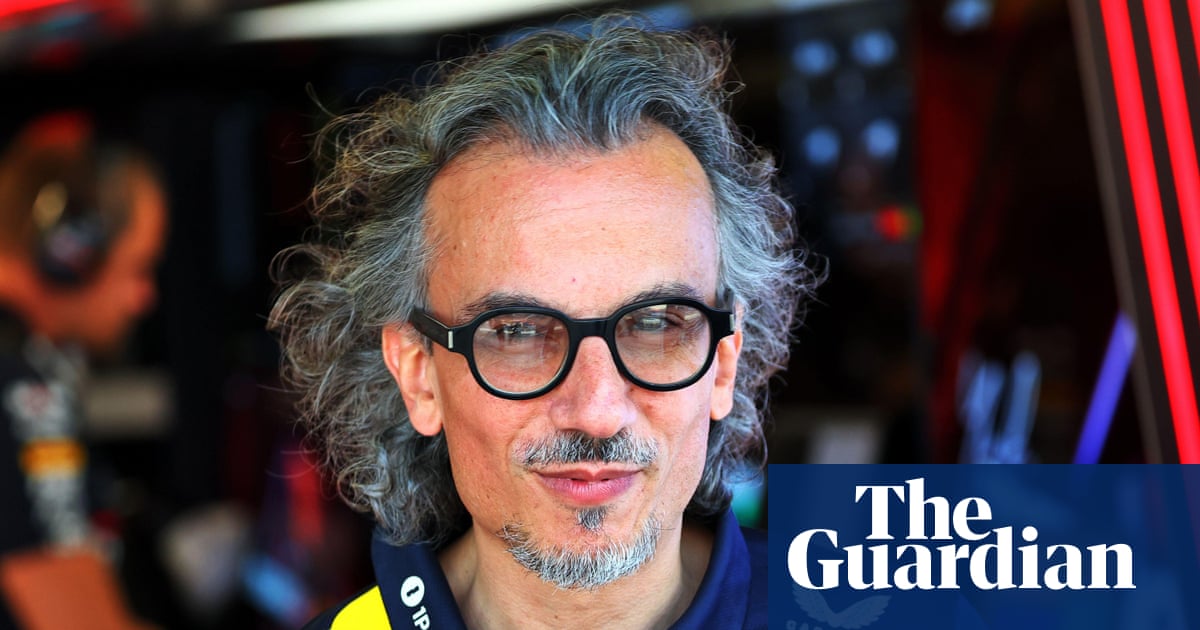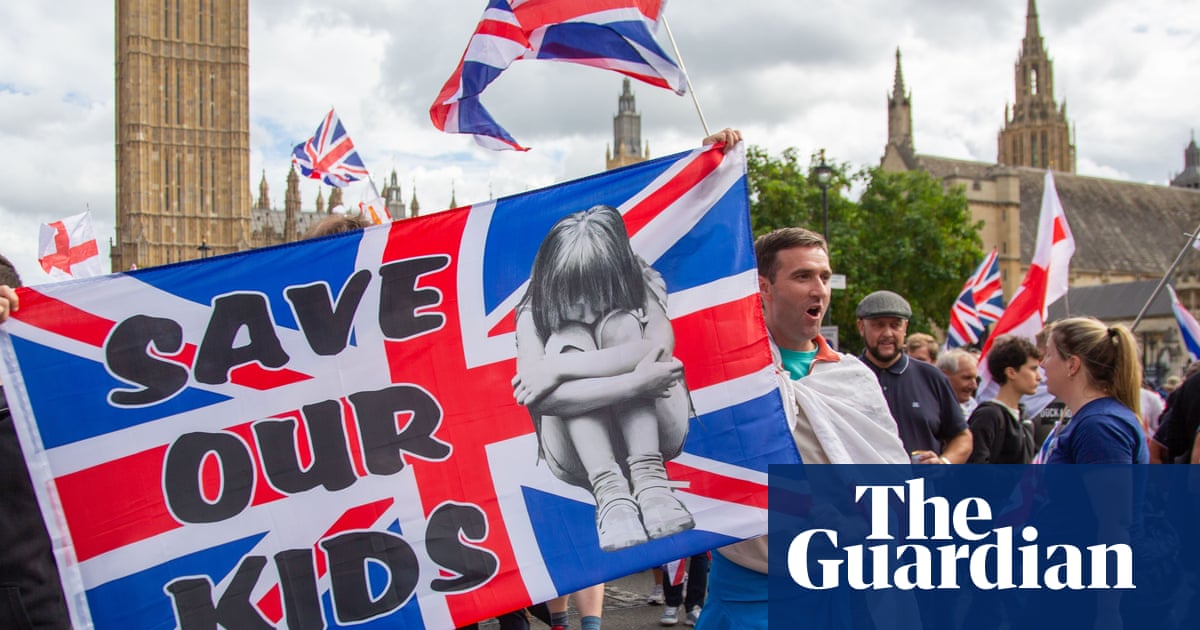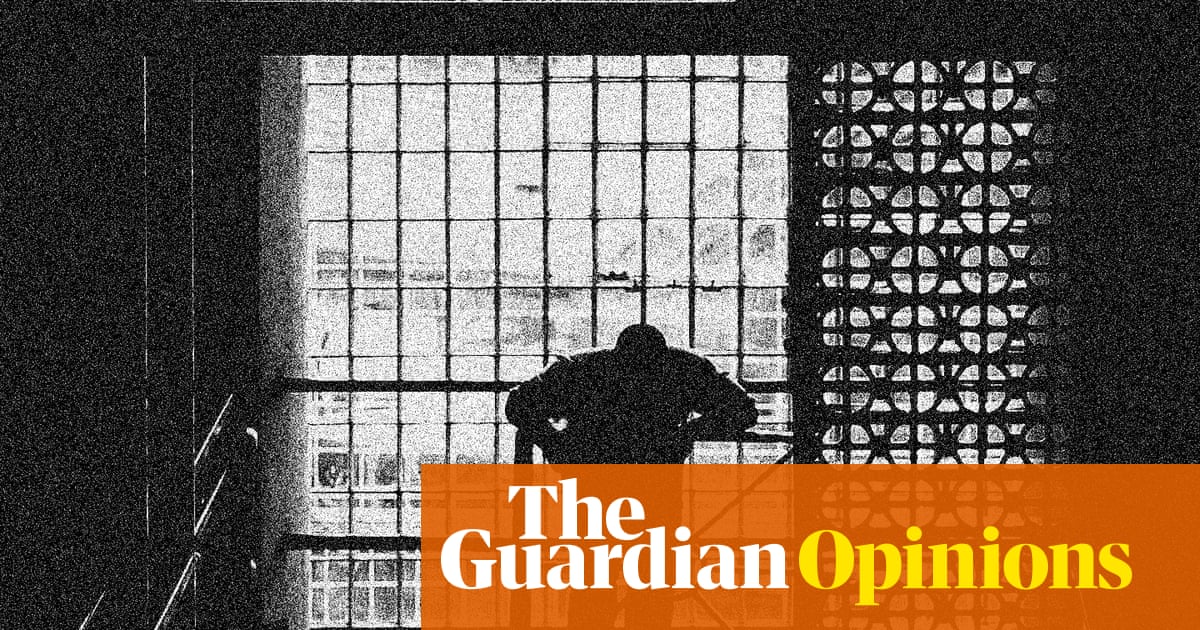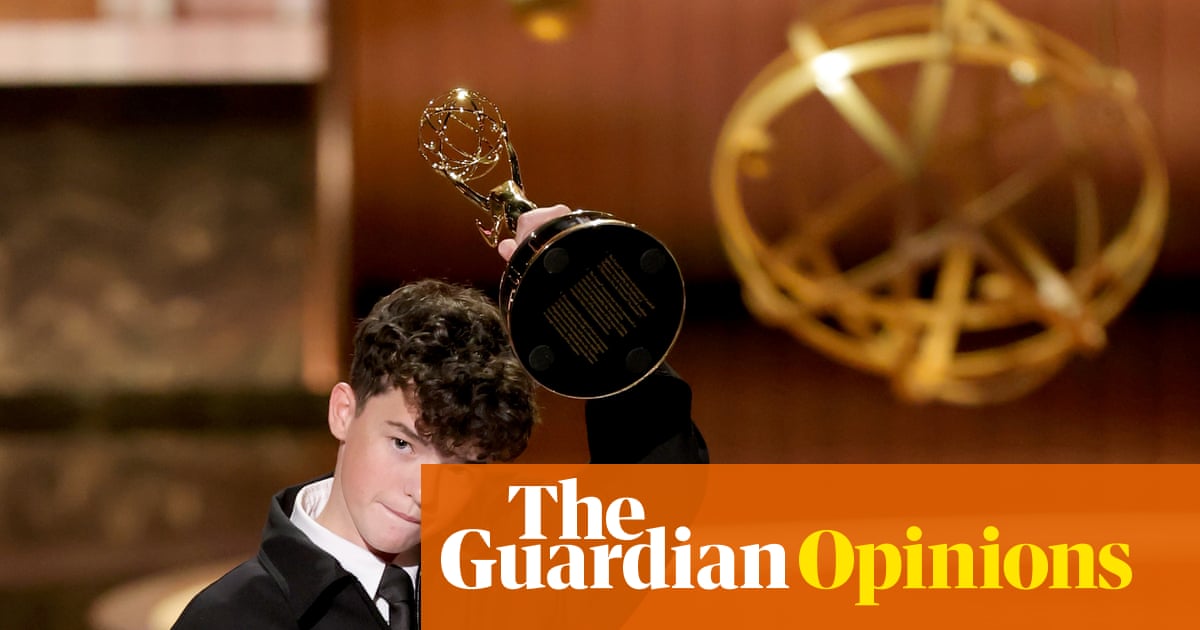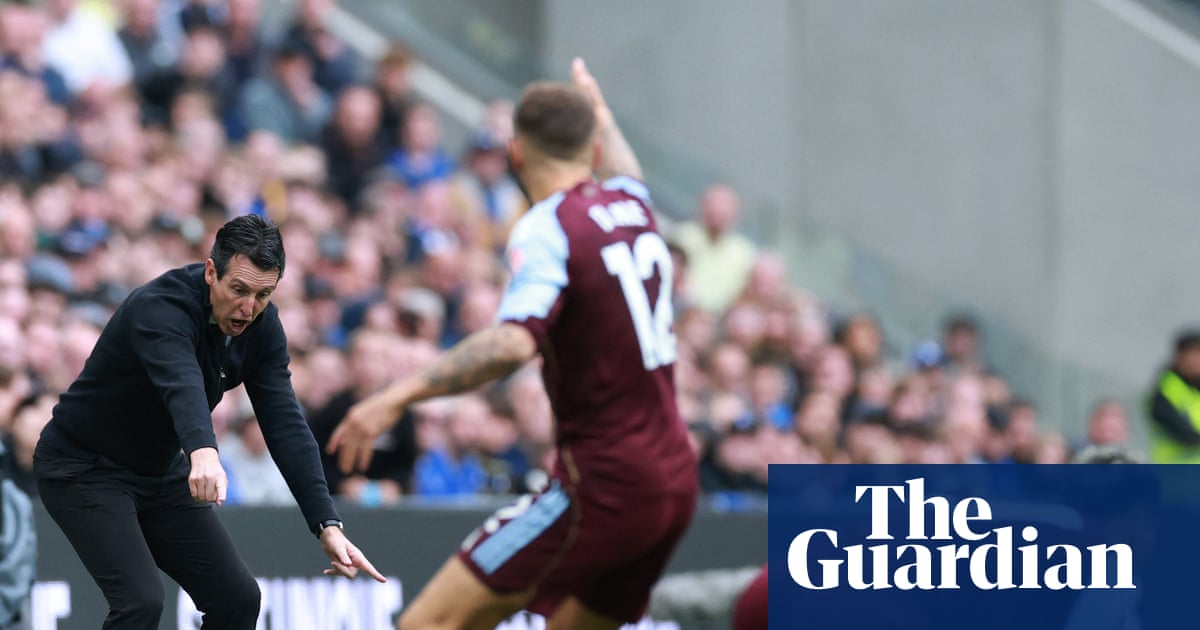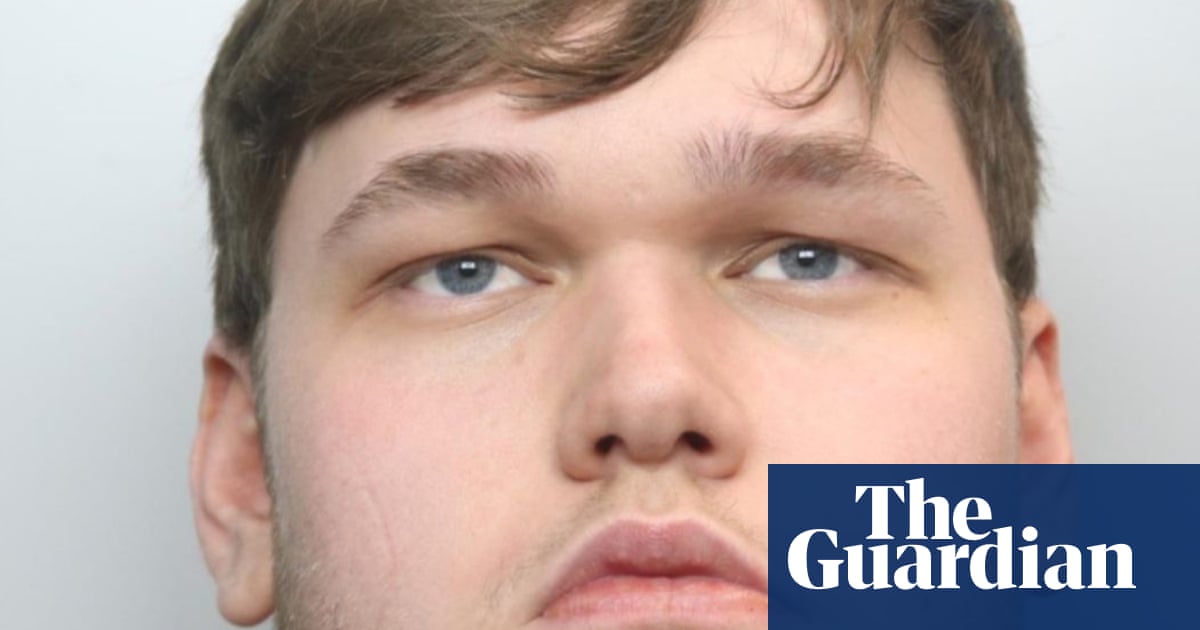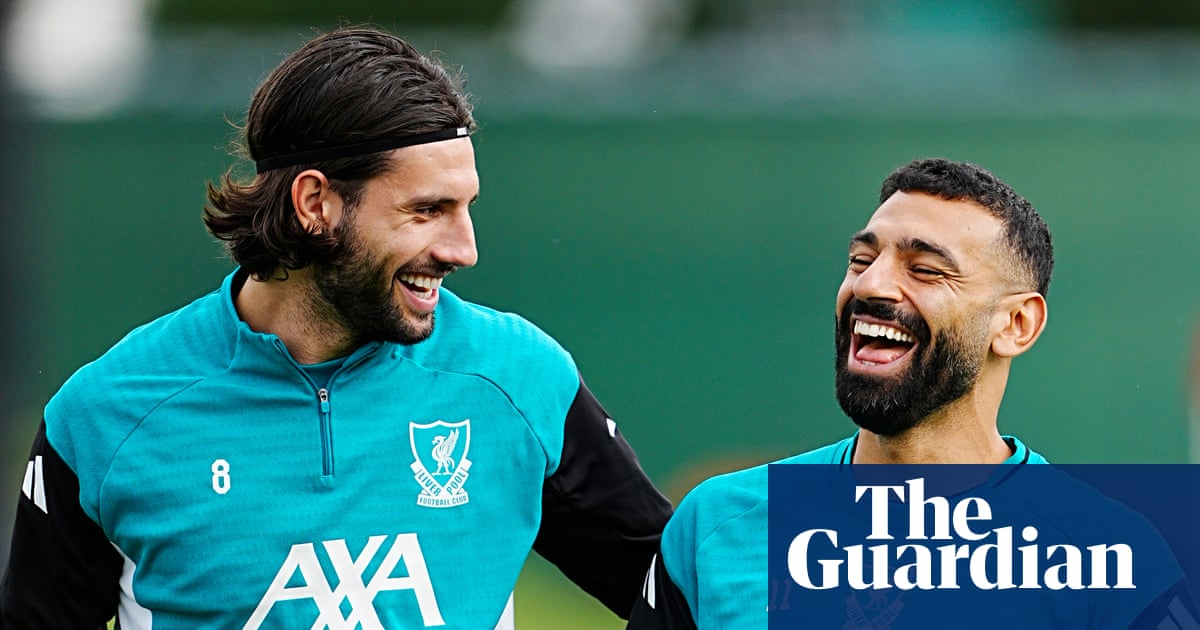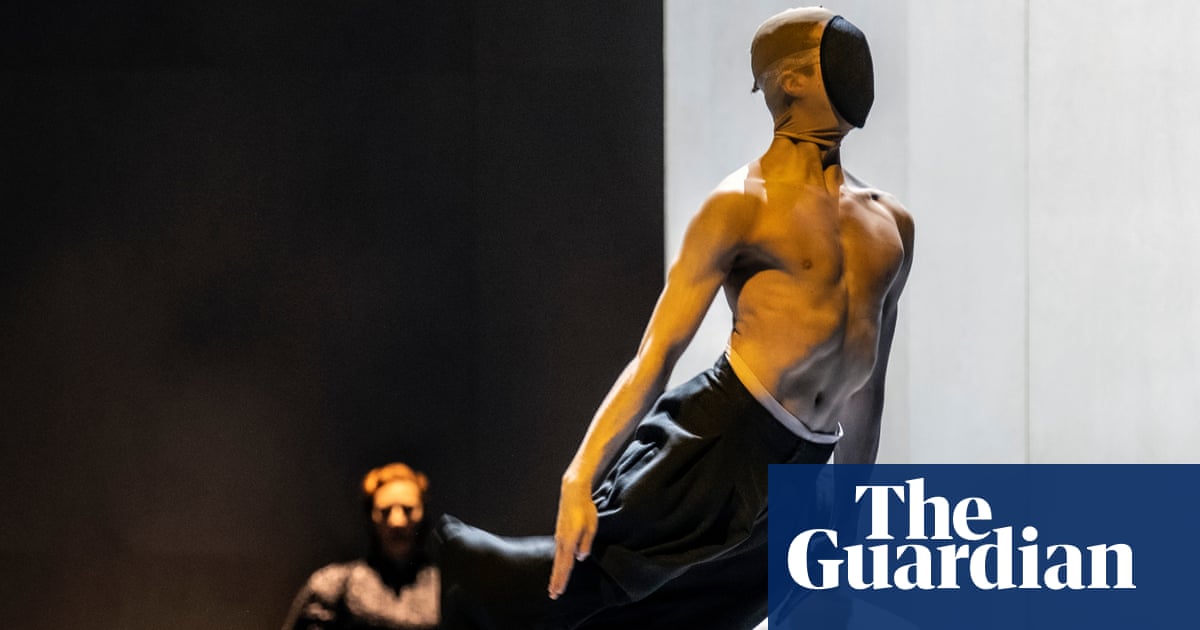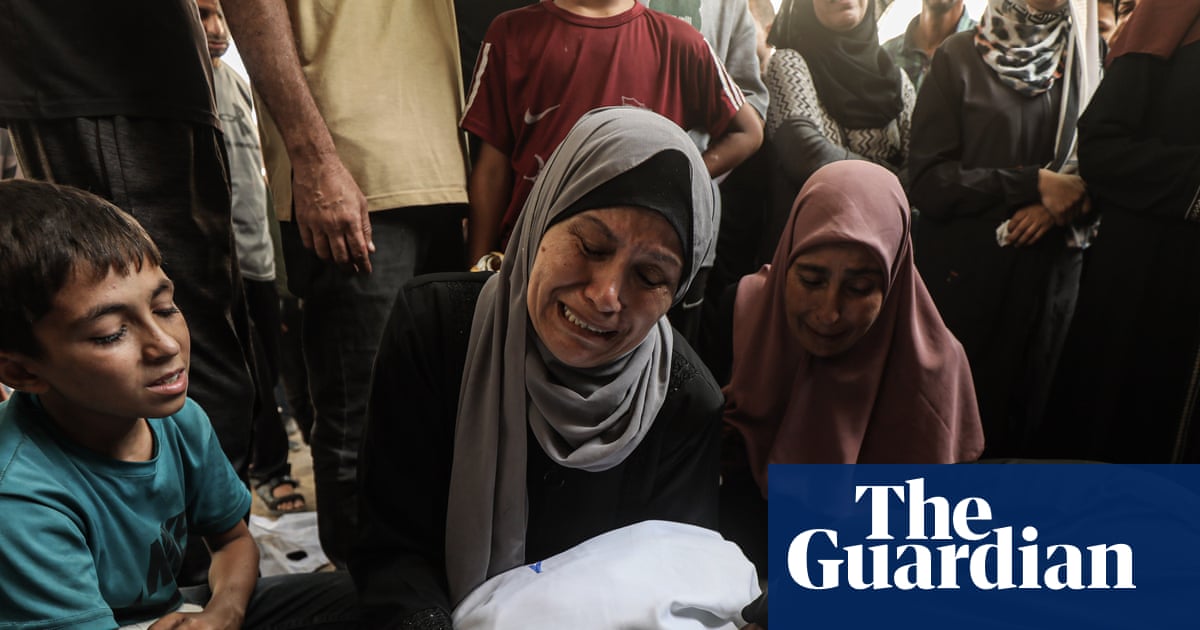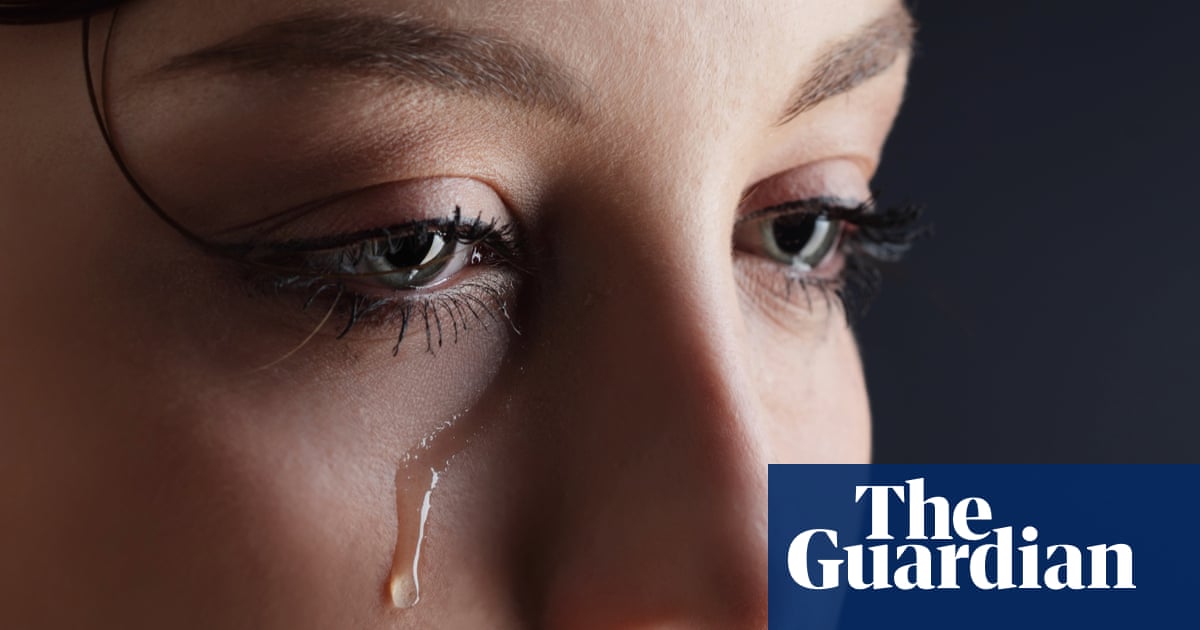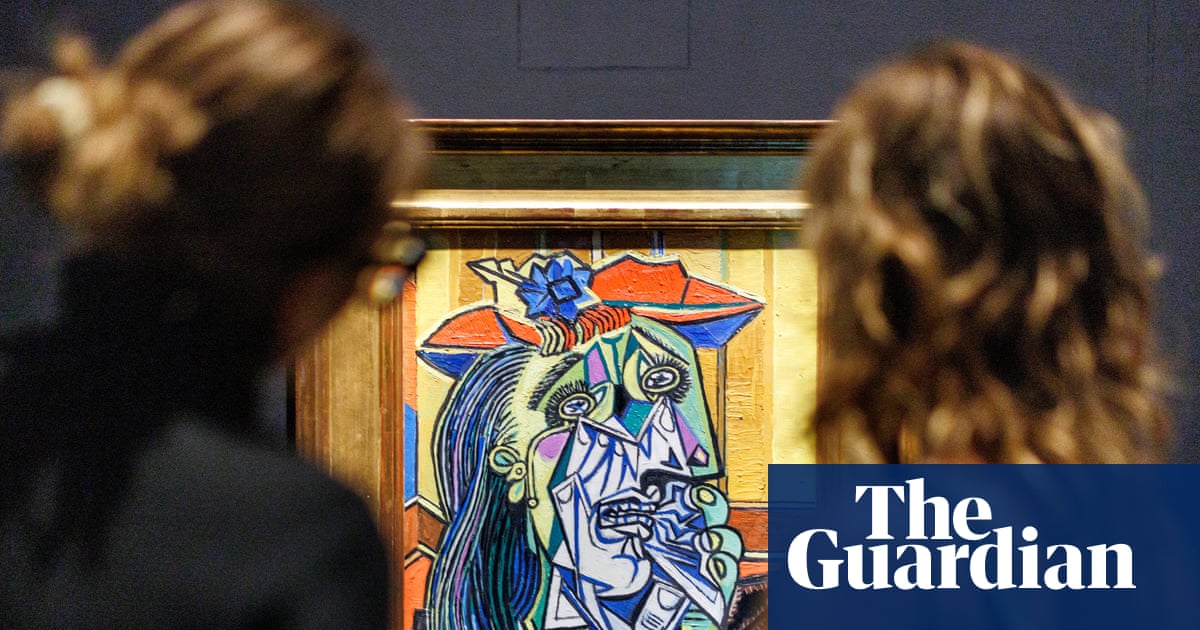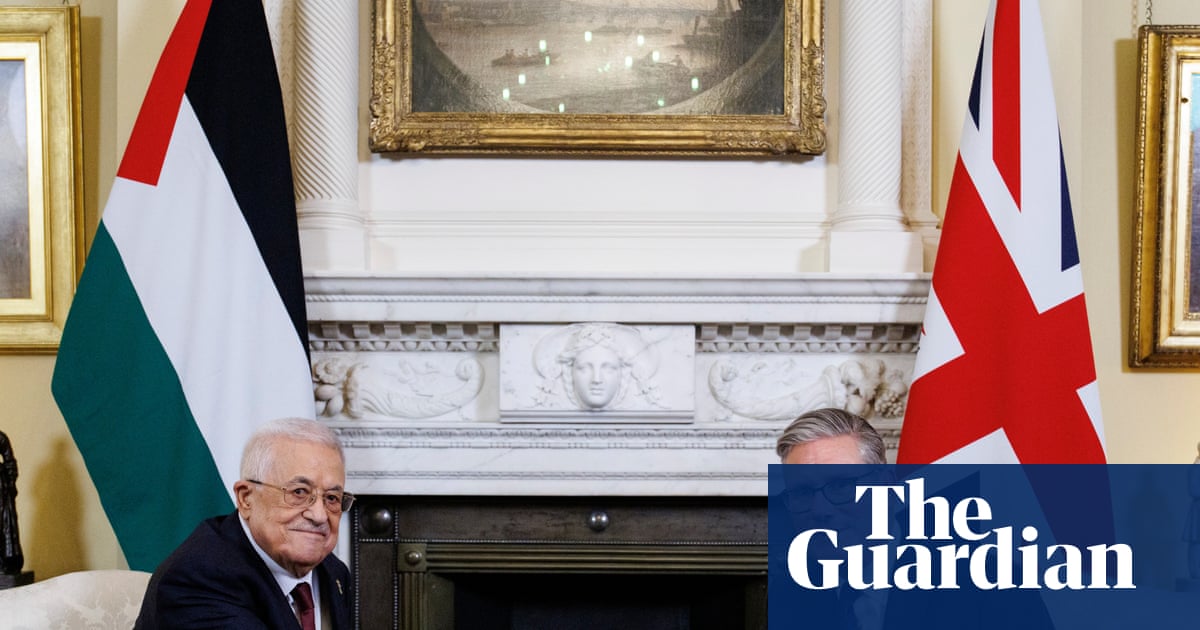Natalie Fleet is nervous about this interview. Her assistant has warned me and Fleet tells me several times, before and during. “I just feel sick,” she says. “I don’t know if it’s because it’s about me or because of the subject. It just doesn’t seem to get any easier.”
The subject is rape – specifically Fleet’s experience of being groomed by an older man when she was 15, becoming pregnant and having the baby. That daughter, “the love of her life”, is now 24. Since entering parliament last summer as the Labour MP for Bolsover, Fleet has spoken a good deal about rape, her life story and the lack of support for mothers whose children were conceived this way – and each time it upsets her. “My husband said: ‘I don’t want you to be the “rapey MP”,’ and I don’t want that either,” says Fleet. “But it’s such a massive void in our national conversation. If nobody’s talking about it, then people won’t report it or understand it, perpetrators won’t be prosecuted or convicted. And shame really does need to switch sides. That can only happen if we start telling each other that it’s not our fault.”
For Fleet, that last point could not be more pertinent because, for decades, she has blamed herself for the events that almost derailed her life. It is only since entering parliament that she has begun to look back, rethink and reframe it. Only now, at 41, has Fleet started to see her “teenage relationship” as grooming, the “sex” as statutory rape and the man she fleetingly, naively thought she loved, her daughter’s “absent father”, as a perpetrator. She is making sense of it, adjusting to it and campaigning on it all at the same time.
Fleet grew up in Sutton-in-Ashfield, a Nottinghamshire mining town. “Everybody was connected to the mines – my grandad and my uncle were miners, my dad delivered the coal; he was a lorry driver,” she says. The area also had a sky-high teenage pregnancy rate – according to Fleet, the highest in Europe. But she was aiming for something different. “I can remember being at my first ever parents evening when I was five and the teacher saying to my mum and dad: ‘She’s going straight to university,’” says Fleet. “I didn’t know what university was. I didn’t know anybody who’d ever been. I grew up knowing more people who went to prison than university, but I worked really, really hard. I just wanted to do well.”
When she was eight, Fleet’s parents separated and her dad moved to Norfolk. By her teens, home life had become very difficult. “Domestic violence is something I have experienced and it shaped the adult that I am, but I feel lucky that I can keep the details of that trauma to myself,” she says. “I don’t need to talk about how horrendous it was because of the women who have come before me and spoken about this and are doing great work.
“What I will say is I was a young girl in really difficult circumstances looking for love when things were tough. And I thought I’d found it.” An older man who lived streets away told 15-year-old Fleet everything she needed to hear. “He told me he loved me and that I was amazing and I believed him,” she says. “I thought we were in a loving relationship that would go long-term. I didn’t know it was just lies to have sex with a teenage girl.”
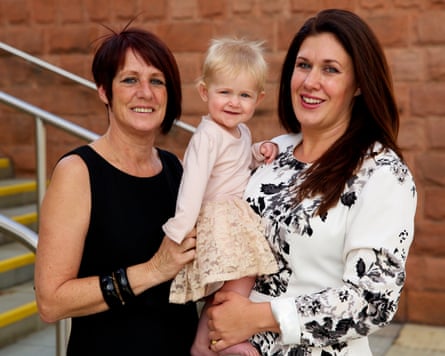
They were “together” for three months. “That feels like a long time when you’re young and vulnerable,” says Fleet. “Looking back with hindsight, it’s not long at all.” When she discovered she was pregnant, his reaction crushed her. “The first thing he said was that I needed to get a termination and, if I didn’t, he’d tell everybody that the baby wasn’t his, that it could be anybody’s. That was the first inkling I got that we weren’t in a serious, long-term relationship.
“It was only at that point that I asked him how it had happened,” Fleet continues. “Did the condom break, or something? He just mumbled that he thought I was on contraception – but he’d never asked. I knew about STIs and pregnancy and the importance of protected sex and believed that’s what we were having. I was probably embarrassed to ask or check. It’s dark, you’re young, this is an older man, he must know what he’s doing. If we all struggle to talk about this stuff and have open conversations, no wonder sometimes things go really wrong.”
Telling her family was the hardest thing. “It was absolutely horrendous,” she says. “My mum took me straight to my grandparents, as she wanted their support. My grandad, the miner, had supported me since birth. He’d looked after me, made sure I was safe – and now he saw this thing had happened to me while I was still a child. He just screamed. The noise that came out of his body is something I’ll never forget. It didn’t sound like a human. It was a wail.” Very soon, though, that grandad became a devoted great-grandfather, providing childcare, always giving so much love.
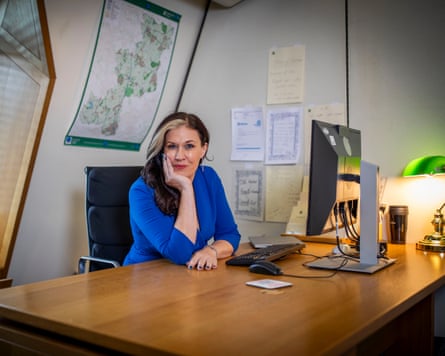
Still, in the early days of Fleet’s pregnancy, the overriding message was that she had ruined her life. “Teachers. Relatives. Anyone who spoke to me said the same thing. ‘You had a whole future ahead of you; now look what you’ve done.’ ‘How did you let this happen?’” Nobody looked at the father, the man who had been having sex with an underage girl, and there was certainly no talk of statutory rape or prosecution. “There were no questions around: ‘Who is he?’ ‘What is happening here?’” says Fleet. “I had a consultant because I was so young, I had the support of my GP, I had midwives, health visitors – nobody asked.” The blame was placed squarely on Fleet. “I felt absolutely full of shame,” she says.
After taking her GCSEs, Fleet left school to have her daughter. She credits Sure Start, a government initiative to support families in disadvantaged areas, for showing her the way. “It was this massive orange building next to the school,” she says. “They had signs on the wall that said: ‘We don’t smack.’ I thought: ‘Why don’t we smack?’ and they explained it to me. They had a baby cafe where they taught me how to blend fruit and vegetables. They gave new mothers Argos vouchers for breastfeeding! Nobody in my family had ever breastfed. Your breasts were for your partner, not your child. I thought: ‘If they’re prepared to put money behind it, it must be really important.’ I breastfed for nine months and really loved that special bond.” (That Sure Start centre, like most others, has since closed due to cuts by previous governments – something Fleet finds devastating.)
When her daughter was just three months old, Fleet met her husband. He had gone to the same school, three years above, and was now a heating engineer. “It’s only since I’ve been doing these interviews that most people around us, even close friends, have realised he isn’t my daughter’s biological father,” she says. “It’s not something we hid, but he is so ingrained in our life; my daughter has only ever known him. As she grew up, she understood that there was an absent father and at times that felt difficult, like she was being rejected. But I’ve always thought of it as her having been ‘chosen’. My husband chose to be her dad and he has always been there for her.”
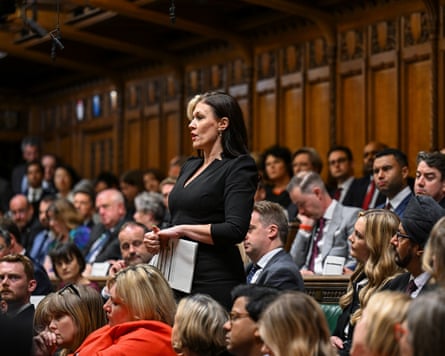
A nursery place for her daughter, funded by Sure Start, allowed Fleet to go to college to study for her A-levels. Then, after having her second child, a son, Fleet began a history and politics degree at the University of Nottingham. “I loved the work, I loved everything I learned, but culturally it was so different to anything I’d ever encountered,” she says.
“The students were posher than anyone I’d ever met. I was 19, but I had two children. I’d fought so hard to get to a 9am lecture and they would just roll out of bed and talk about the night they’d had. I felt uncomfortable. I couldn’t relate to anybody, so I dropped out – and that was horrendous. That’s when I thought everything people had said was true. I’d ruined my life. It took me a long time to rebuild.”
In the years after, Fleet had two more children, volunteered at a Citizens Advice bureau and joined the Labour party. Her local MP, Gloria De Piero, became a kind of mentor and they remain very close. Eventually, Fleet got a job at the National Education Union, which she loved; she remained there until she entered parliament.
It was only as she prepared to be an MP that she began thinking hard about her past. “You have to go through everything, every grain of your life and think: ‘How would I explain this if I was asked about it?’” she says. “That’s the point where I began to realise. I sat down with my daughter and said to her: ‘I think this was actually statutory rape. I don’t think it was OK.’ My daughter said: ‘Yes, that’s no surprise.’ She was gobsmacked that it had taken me so long to realise. I had the same conversation with my son, who is three years younger. He already knew as well. I was the last person to cotton on.
“Even now that I know objectively that what happened was statutory rape, and that it wasn’t my fault, I also know that the minute we’re finished speaking today, the shame will kick back in,” says Fleet.
This is partly what motivates her in parliament. Her office walls at Portcullis House are dotted with goals and mini pep talks, the kind you might need when you have landed outside your comfort zone (“Make friends!” “Speak more!”). “I want to be here because I believe I can do a great deal of good and that we should have a representative democracy with people from a whole range of backgrounds, but I’ve struggled since I got here,” she says. “I mean, it’s an actual palace. It’s not made for people like me. If you’ve been to boarding school or the Oxford debating society, you’ll fit in a lot easier. If I wanted to congratulate somebody, like most of the country, I’d clap. I wouldn’t shout: ‘Hear, hear!’ Even in the middle of it, it’s hard to feel you belong, so no wonder the whole country feels they can’t relate to politicians.”
But she has work to do. “Every time I’ve spoken about rape or sexual assault or asked a question in the chamber, people have got in contact, stopped me in the street to thank me, sent handwritten letters about their own horrendous experiences. Some of them say: ‘I’ve never told anybody what I’m about to tell you …’ now, rather than thinking: ‘Do you have a story?’ I’ll look at women and think: ‘I wonder what your story is …’
“My absolute dream is that, by the end of this period in government, I’ll be able to tell any woman who comes to me that she’ll have an MP who believes her, a police force that will understand, each with a designated specially trained officer, a court system without a backlog and space in prison for perpetrators to serve a full sentence.”
Fleet is also working to start a charity that supports families with children conceived by rape. “It’s a charity that doesn’t exist here even though there are 10 babies born every day to mothers who’ve been raped,” she says. “I want there to be practical support on how to talk to your child about this in an age-appropriate way. I want there to be advice and community that can reassure you that the love, anger and confusion you feel is normal.”
Four months ago, Fleet became a grandparent: her daughter had her own daughter. Fleet’s husband is going part-time to provide childcare when her daughter returns to work. “He chose to be her dad and he has chosen to be the best grandad, too, and I’m thrilled for her,” says Fleet. “I was a mum at 15, which is terrible, but a nana at 40 is incredible. It’s such a blessing and I miss my home so much.”
But she also has work to do. Our interview ends when a clerk arrives to help Fleet draft an amendment to the victims and courts bill, an amendment that would remove parental rights from a father whose child was conceived by rape. “I think the government is going to support this and that feels incredible,” says Fleet. “When people hear about it, they say: ‘Surely that’s already the law?’ But no. At the moment, children are the only proceeds of crime that a criminal gets to keep.
“We talk about the privilege of being an MP and at times I’ve struggled to feel it,” she says. “I’ve missed my family so much. But being able to do things like this is more than I could have wished for.”
Her daughter is right behind her, too. “She is so supportive, it’s unbelievable,” says Fleet. “You do your best and hope for the best and I am just so proud of her. When I first started speaking about all this, she said to me: ‘Mum, every time I hear you say the word “rape”, I bristle. Keep saying it.’”
Information and support for anyone affected by rape or sexual abuse issues is available from the following organisations. In the UK, Rape Crisis offers support on 0808 500 2222 in England and Wales, 0808 801 0302 in Scotland, or 0800 0246 991 in Northern Ireland. In the US, Rainn offers support on 800-656-4673. In Australia, support is available at 1800Respect (1800 737 732). Other international helplines can be found at ibiblio.org/rcip/internl.html

 3 months ago
114
3 months ago
114
